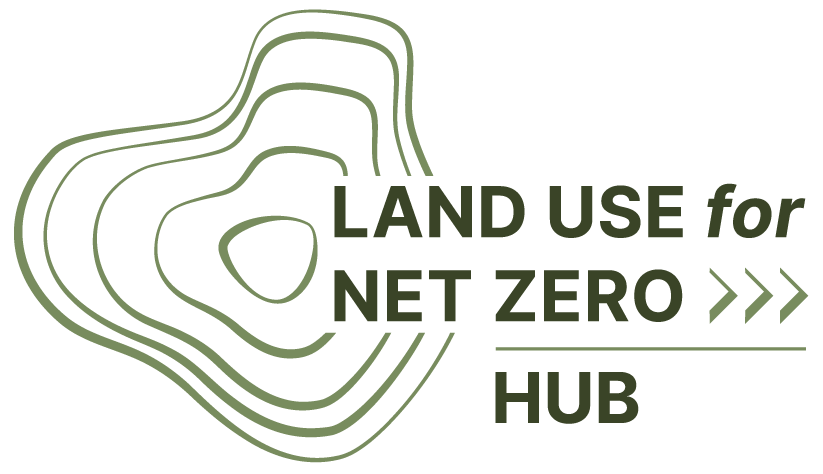International Land Use Study Centre (ILUSC)

The International Land Use Study Centre (ILUSC) aims to understand and enable just transitions in land use.
ILUSC is supported by the Macaulay Development Trust, Scottish Government’s Just Transition Fund, the UK Department for Science, Innovation and Technology, the UK Research Councils and the European Commission.
Introduction to ILUSC
Society places multiple demands on our land; at same time our land and ecosystems are increasingly vulnerable to climate change and other pressures. We need to understand the capabilities of landscapes and land uses to support society’s needs; at the same time, the systemic inequalities embedded in the farming and land management sectors must be recognised and addressed.
ILUSC works to build capacity in diverse communities to better understand and develop nature-based solutions to the climate, energy and biodiversity crises, at a range of scales and across diverse landscapes. This encompasses work on topics such as regenerative agriculture, afforestation, peatland restoration, catchment restoration and renewable energy.
Home to the Institute’s new Immersive Nature-Based Solutions Space, ILUSC is a centre of excellence for immersive and visual methods research, with a strong emphasis on capacity building and enabling effective working across the science-policy-society interface.
Key interlinked themes – relevant to all landscapes and land uses – are social and environmental justice, climate change and nature-based solutions. These are relevant not only to Scotland, but internationally.
Immersive Nature-Based Solutions Space
International Land Use Study Centre (ILUSC) is home to the ‘Immersive Nature-Based Solutions Space’. This is a unique suite of visualisation tools, with a flagship immersive space where models, videos and other imagery are projected onto four walls. The facility is designed to enable partnership working: with models and 360º videos at varying spatial scales that can be manipulated by individuals and groups. Much of the equipment is portable, enabling stakeholders to work together in familiar environments. This cutting-edge immersive space will become available in autumn 2025 – check here soon for more information and images about the suite, and how to use it.
Land Use For Net Zero (LUNZ) Hub
The LUNZ hub is an innovative research initiative that will help drive the transformation of UK land use needed to achieve net zero by 2050.
A unique collaboration between the UK Research Councils, Defra, DESNZ, and the devolved administrations. The hub brings together 34 leading organisations. Providing confident evidence to policy on credible ways to achieve net zero in the agriculture, land use and soils arenas. Co-led by ILUSC Director Professor Lee-Ann Sutherland and Professor Heiko Balzter, Director of the Institute for Environmental Futures at Leicester University. The hub was established in November 2023, and will run until March 2027.

Key contacts:
Lee-Ann Sutherland
Director of International Land Use Study Centre
Based in Aberdeen
T: +44 (0)344 928 5428 (*)
Dr. Kerry Waylen
Social Research on Natural Resource Management
Based in Aberdeen
T: +44 (0)1224 395313
For more information:
If you would to find out the latest news and information about The International Land Use Study Centre (ILUSC) you can follow us on LinkedIn
